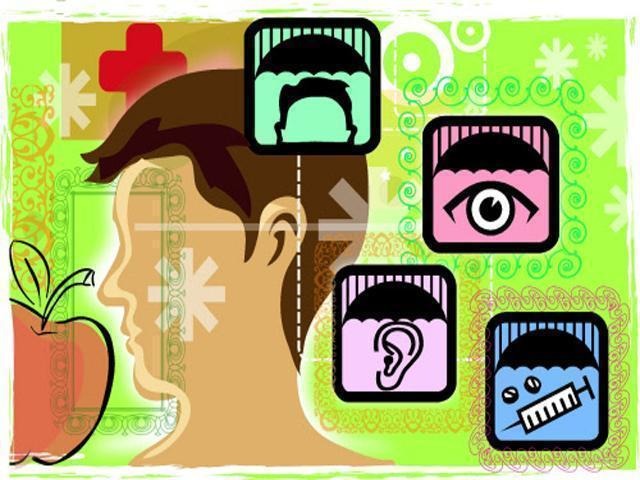Best known as the immutable database that runs underneath cryptocurrencies like Bitcoin and Ethereum, blockchain is poised to play a critical role in every industry imaginable as businesses seek ways to cash in on the distributed ledger technology’s promise of enabling a “trustless” consensus to validate transactions.
Financial transactions are typically guaranteed by a trusted third party (such as PayPal) and blockchain can be used to automate that process, reducing overall costs by cutting out the middleman with autonomous smart contracts acting as trusted intermediaries between parties on the network.
Blockchain is expected to be so influential over the coming years that some technologists foresee it ushering in a new type of Internet, one that stores and authenticates information about every asset, device and individual, opening the door to a range of new technological capabilities.
Besides simply being the backbone of cryptocurrency exchanges, the most powerful uses of blockchain technology are yet to emerge. It’s envisioned by many to become a decentralized, real-time global distributed digital ledger of things for everything from tracking food supplies to managing identities.
Despite the disruptive effects that the platform could soon have on industries that reach into core areas of our lives, it’s difficult to find someone who can say more than a few words about what it is, how it works or what may become of rolling it out on such a massively conceived scale.
Source/More: Blockchain Explained: How It Works, Who Cares and What Its Future May Hold – TechSpot














